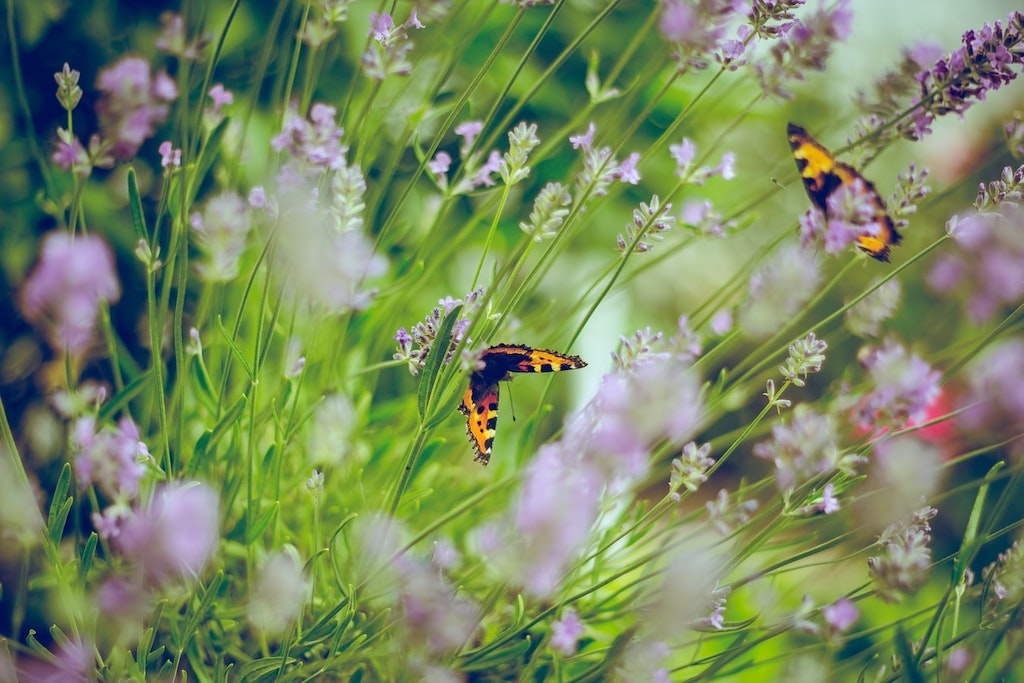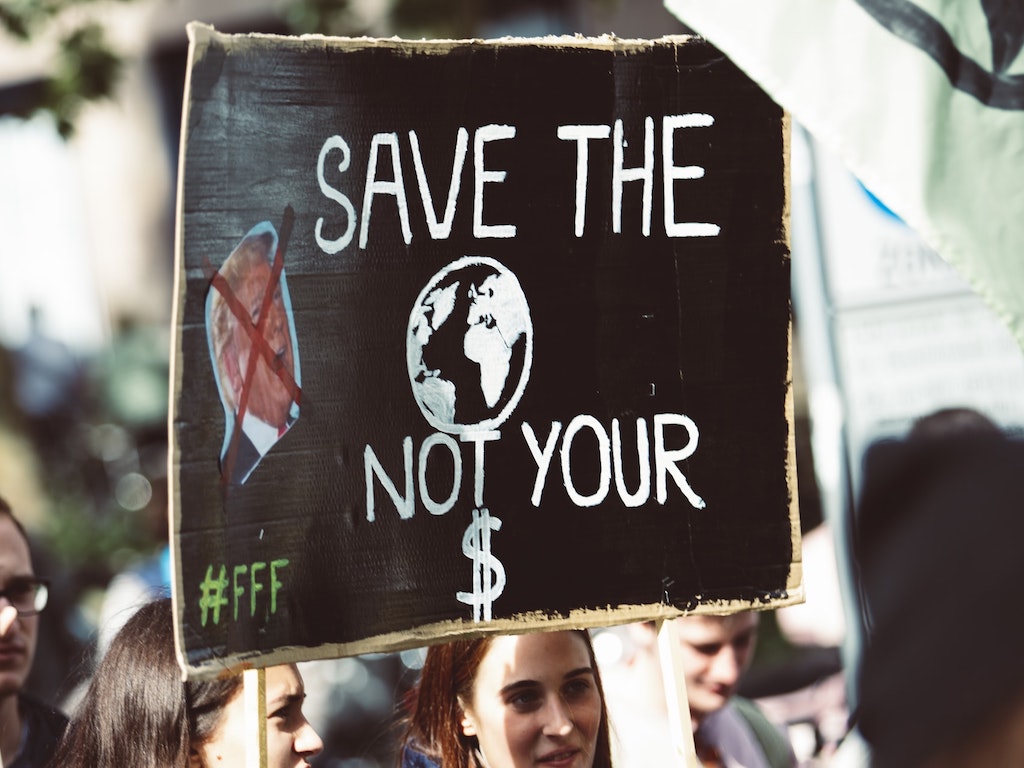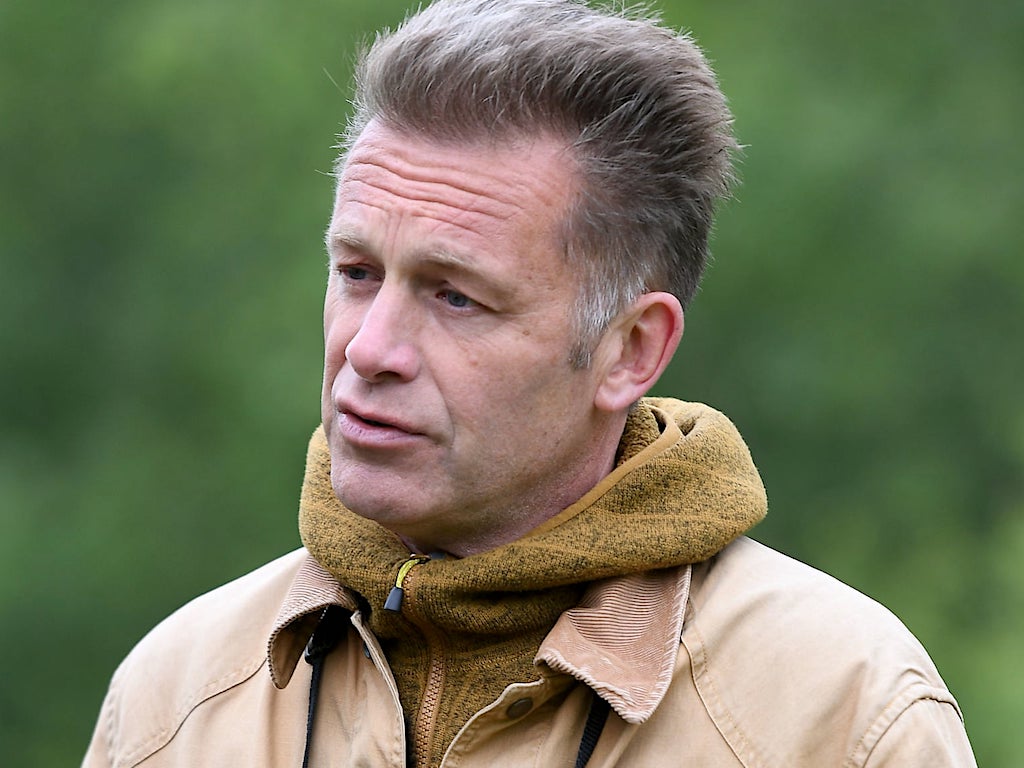3 Mins Read
Chris Packham, the famous British naturalist, wildlife photographer and television presenter for the hit BBC nature series Springwatch was recently interviewed by the Guardian columnist Zoe Williams. In the interview, the prominent environmentalist says that the coronavirus crisis has given him extra time to reflect on how humanity needs to change in order to end the destruction of our planet. Here are 6 key insights he addressed in his conversation, from how ecological destruction has driven disease outbreaks to how we must change going forward.
1. Coronavirus is the part of the price we’re paying
Packham believes that our humanity’s unsustainable consumption and draining of the planet’s natural resources is the reason behind the current coronavirus pandemic. “We’ve always been exposed to pathogens – everything from smallpox to bubonic plague. We’ve beaten them through our advances in science and I’m not regretting that,” he says.
“But we are an organism, living on a planet, and the way we were living was unsustainable. We were overcrowded, we were eating animals that we’d shipped alive from one part of the world to another, and we’re paying a terrible price for it.”
2. The crisis is helping us remember what nature is

Speaking about his experience under lockdown, Packham said: “I probably got as much joy out of other people reconnecting with nature as I have got from reconnecting with nature myself.”
“It’s been an absolute joy to see people posting pictures with ladybirds on their fingers and frogs in their ponds and birds singing in their gardens.”
3. Now’s the time to fight for the planet
With more people now forced to reconnect with nature under lockdown, Packham believes that the next step for everyone is to “join our ranks and remember what they took from [nature], because we do have to fight for it.”
4. We need to stop eating meat
One of the biggest drivers of deforestation, biodiversity loss and greenhouse gases that are now heating up the planet at an unprecedented rate is animal agriculture. Packham says that it’s clear that we must now shift away from eating meat in order to sustain humanity on Earth.

“The reason why Jair Bolsonaro [the president of Brazil] and his henchmen are ravishing the Amazon is that they want it for agricultural land. They want to grow soy there, and beef, and that’s because people eat it. If meat consumption were cut, we could sustain more people.”
5. Humans are not above nature
The key lesson that humans must learn from the crisis is that we are beholden to nature, and we can no longer keep destroying it. “Speaking entirely biologically, what the whole, horribly harsh, tragic lesson of the virus has taught us is that we are part of nature; we’re not there to hold dominion over it, we’re not above it,” said Packham.
6. There is still hope

As close as humanity is to the point of no return, we aren’t quite there yet, and there is an opportunity to make serious changes to avert complete climate catastrophe. The “most positive thing that we’ve seen,” according to Packham, are movements such as Extinction Rebellion and Fridays for Future.
“All those young people have taken to the streets, in an informed way and in a peaceful way. That’s been absolutely heartening. That gives me a sense of hope.”
Lead image courtesy of Joe Giddens / PA Media.




